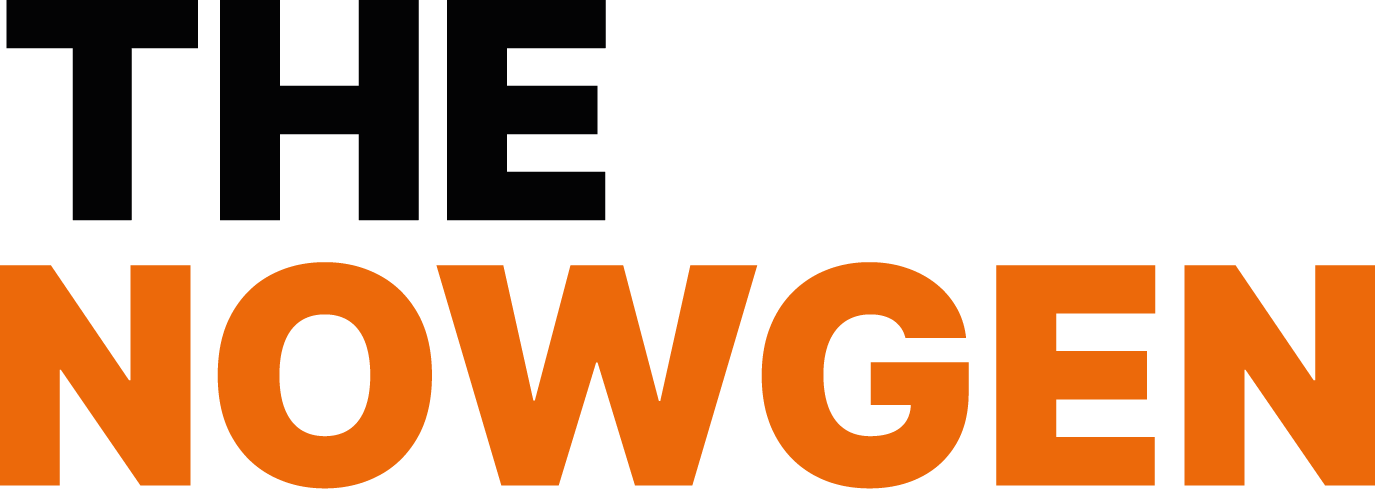
In today’s rapidly changing world, businesses recognize the importance of sustainability and diversity, equity, and inclusion (DEI) efforts. These two pillars are not isolated but interconnected, creating a powerful opportunity for companies to impact society and the environment positively.
By aligning sustainability and DEI efforts, businesses can foster a more inclusive and equitable world while driving innovation, strengthening their brand reputation, and attracting conscious consumers. Today we will explore the correlation between sustainability and DEI and share practical steps for companies to become more sustainable.
Foster an inclusive company culture:
One of the fundamental steps toward building a sustainable company is fostering an inclusive company culture that values diversity and equality—making sure that DEI is embedded in your organization’s core values and reflected in hiring practices, employee policies, and leadership opportunities.
According to an article by Masterclass, fostering an inclusive culture in your company will give your employees greater satisfaction, improve retention, and increase awareness for future employees.
By creating a diverse and inclusive workforce, you can leverage your employees’ collective experiences, perspectives, and ideas, leading to innovation, better decision-making, and increased employee satisfaction.
Conduct a sustainability audit:
According to an article by Thompson Reuters, an audit allows companies to identify where improvement is needed in their strategies and compare them to others in the industry.
A comprehensive sustainability audit is crucial to identify areas where your company can reduce environmental impact. Assess your energy consumption, waste generation, and supply chain practices. Identify opportunities to reduce carbon emissions, implement energy-efficient technologies, and adopt sustainable procurement practices.
Consider partnering with third-party organizations specializing in sustainability audits to gain expert insights and recommendations tailored to your industry.
Set measurable sustainability goals:
Establishing clear and measurable sustainability and inclusive goals is essential for tracking progress and holding your company accountable. These sustainability goals include reducing greenhouse gas emissions, increasing energy efficiency, minimizing waste, and promoting sustainable sourcing and manufacturing practices.
Your sustainability goals need to be SMART: Specific, measurable, attainable, relevant, and time-based. According to an article by Exponent, making your goals SMART can help companies focus on their targets and work towards meeting them. Make sure your goals are ambitious yet achievable, and communicate them transparently to stakeholders, employees, and customers.
Empower employees:
Employees play a vital role in driving sustainability and DEI initiatives within a company. Encourage and empower your workforce to embrace practices of sustainability and inclusion at work and in their personal lives.
Offer training and education programs to raise awareness and provide resources to help employees make more conscious choices. Establish internal sustainability committees or employee resource groups to foster collaboration and generate new ideas for sustainable initiatives.
Collaborate with suppliers and partners:
Extend your sustainability efforts beyond your organization by collaborating with suppliers and partners to maximize your impact. Engage with your supply chain to promote sustainable sourcing practices, encourage the use of renewable energy, and reduce waste generation. Consider partnerships with organizations that align with your sustainability goals, leveraging their expertise and resources to drive collective change.
Communicate and engage with stakeholders:
Effective communication is key to showcasing your company’s sustainability and DEI efforts. Share your progress, achievements, and challenges transparently with customers, investors, employees, and the broader community.
Leverage various communication channels such as social media, blogs, and sustainability reports to engage with your audience, raise awareness about your initiatives, and inspire others to take action.
Becoming a more sustainable company requires a holistic approach encompassing sustainability and DEI efforts. By integrating these two pillars, businesses can positively impact the environment and society while fostering innovation and building a resilient and inclusive culture.
Embracing sustainability and DEI makes good business sense and aligns with the growing expectations of conscious consumers. Start your journey towards a more sustainable future today, and be a catalyst for change in your industry.



